Why Are My Fish Chasing Each Other?
Have you ever sat watching your aquarium, hoping for a relaxing moment, only to find your fish engaged in a chaotic chase? While it might look concerning, a little chasing can be perfectly normal. Let's dive into why your fish might be playing aquatic tag and how you can ensure they stay happy and healthy!
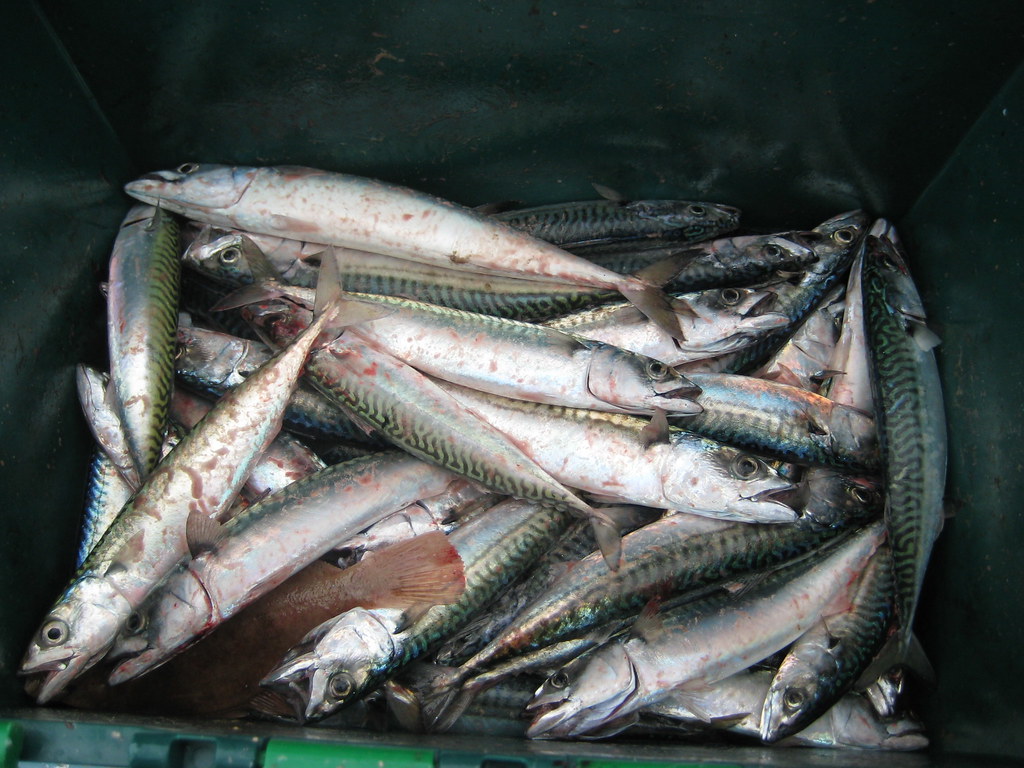
Territorial Showdown
Fish are just like us—sometimes they just need their own space. Several species, including Bettas and Cichlids, may chase to draw clear lines around their territory. For instance, angelfish are known to exhibit territorial tendencies, especially in confined spaces. Understanding angelfish behavior and providing them with the right conditions can help reduce such issues. This territorial behavior is common, especially in aquariums where each fish tries to claim its favorite corner. To help reduce this kind of chasing, ensure your tank has enough space and plenty of hiding spots so everyone can feel like they have a place to call home.
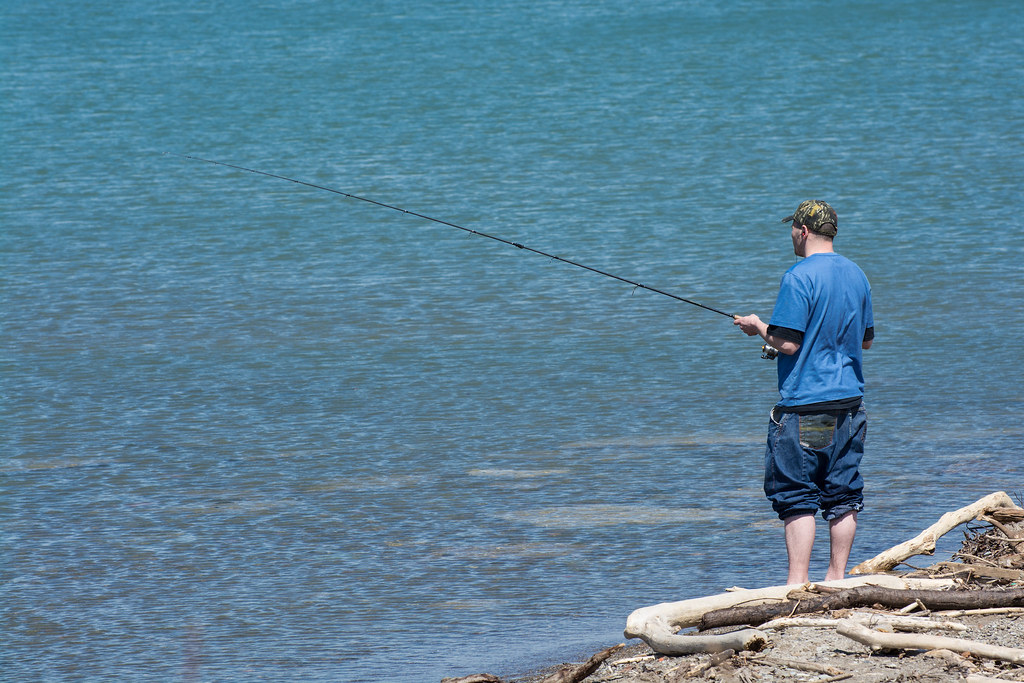
Romantic Pursuits
Believe it or not, chasing can be a form of courtship! Male fish often chase females during breeding seasons as a way of showing interest. Species like guppies and cichlids do this regularly. However, if you're keeping male guppies only, you might wonder how they behave in a single-gender setup. Here's a helpful resource on caring for an all-male guppy tank, ensuring compatibility and low stress levels. While this behavior is natural, keep an eye out if it seems to stress the female fish out. You might need to provide extra shelter or separate the pair temporarily.
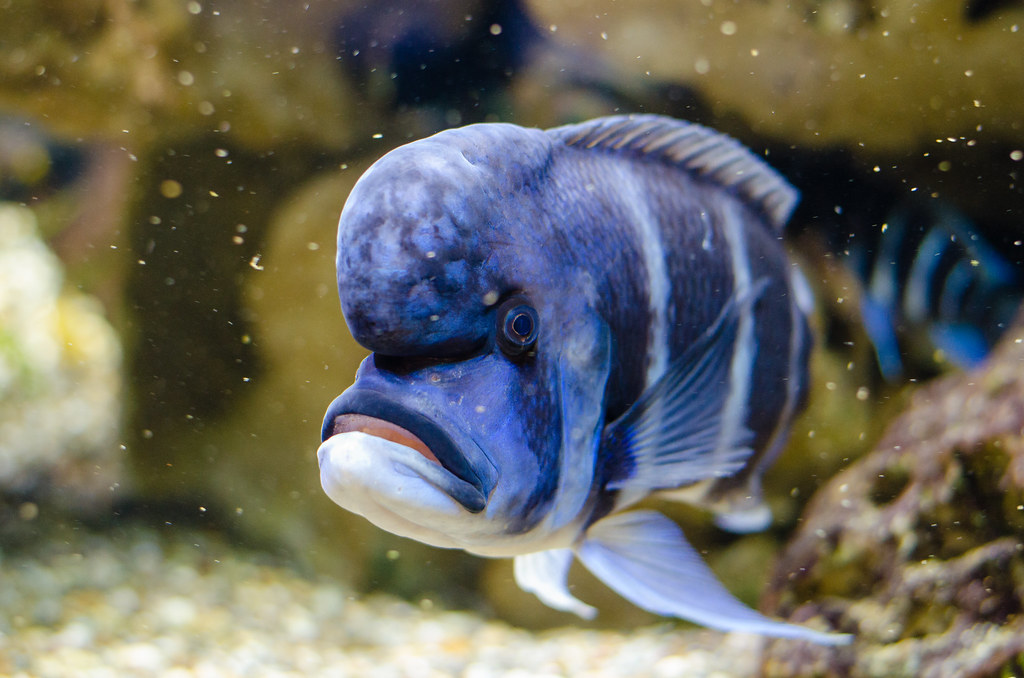
A Dash of Aggression
Sometimes, chasing isn't as lighthearted. Fish can chase each other out of aggression, often trying to establish dominance or avoid perceived threats. This can be particularly problematic in setups where male guppies are kept together—the key is knowing how many male guppies can be housed safely. It's essential to ensure your tank's inhabitants are compatible, as sticking a peaceful fish in with an aggressive one can lead to problems.
Stress and Overcrowding
Overcrowding your tank is a surefire way to stress out your fish. When fish don’t have enough space, they may become agitated, leading to more frequent and aggressive chasing. Here's a quick way to address multiple factors that could contribute to stress:
- Ensure there are sufficient hiding spots.
- Regularly clean the tank and maintain water quality.
- Monitor fish for signs of illness—these could include unusual aggression. For example, if a Betta suddenly looks aggressive, it might be linked to stress or other triggers. Learn more about why your Betta might be flaring its gills to understand its behavior and needs better.
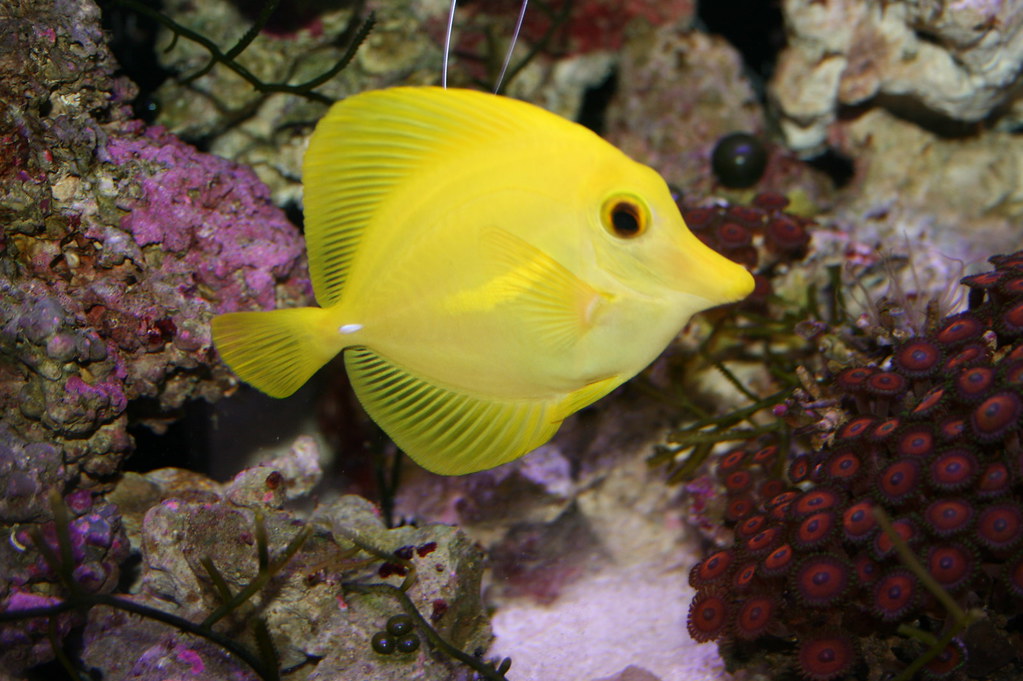
Fun and Games
Not all chasing indicates trouble in paradise. Some fish, like Guppies and Mollies, enjoy a bit of playful interaction. If your fish seem to chase each other without signs of stress or injury, they might just be having a bit of fun. This behavior is often harmless and can indicate that your fish are comfortable in their environment.
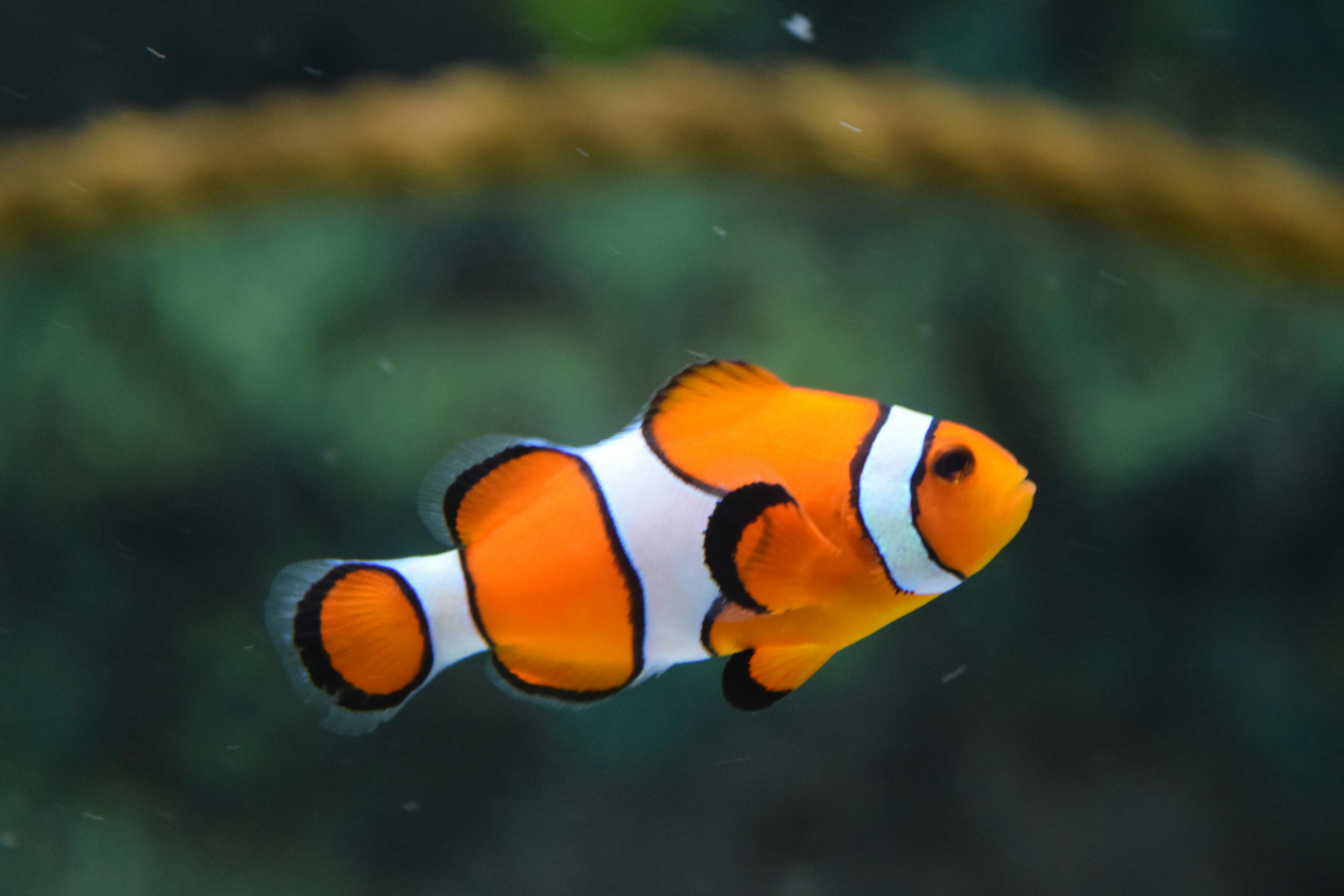
Managing the Madness
You can take several steps to manage and prevent excessive chasing:
- Research and Compatibility: Ensure your fish species are compatible in terms of temperament and space needs. Avoid crowding fish that tend to be territorial or aggressive.
- Feed Regularly: Establish a regular feeding schedule to reduce competition and ensure no fish goes hungry.
- Tank Environment: Create an environment with plenty of plants and décor that offer hiding spots and visual barriers.
- Monitor Water Quality: Regularly check and maintain optimal water conditions to reduce stress.
Compatibility and Behavior Guide
| Behavior Type | Common Species | Solution |
|---|---|---|
| Territorial | Bettas, Cichlids | Provide hiding spots |
| Mating | Guppies, Cichlids | Observe and limit stress |
| Aggression | Varies, often species-specific | Ensure compatibility |
| Playful | Guppies, Mollies | No action needed if harmless |

Are your fish chasing each other in your tank? Do you have any tips or stories from your own underwater experiences? Share with us in the comments below and let’s help each other create a more peaceful aquarium.
Frequently Asked Questions
Why are my fish chasing each other?
Fish often chase each other due to territorial behavior, stress, or mating displays. Limited space in the aquarium can lead to conflicts, especially if fish feel their area is being invaded. Ensuring enough space and selecting compatible tank mates can help reduce this behavior.
How do you tell if fish are playing or fighting?
Fish playing will swim casually and interact without signs of aggression, like flared fins. Fighting is characterized by aggressive chases, nipped fins, and rapid movements. Observing their body language can help differentiate between play and aggression.
Why are my fish chasing each other at night?
Fish may chase each other at night due to territorial disputes or stress caused by low visibility. To reduce this, ensure a calm environment with appropriate hiding spots and avoid overcrowding the tank.
How can I prevent fish from bullying each other?
Prevent bullying by providing ample space, compatible tank mates, and hiding places. Rearrange aquarium decorations regularly to break established territories. Monitoring fish behavior and separating aggressive specimens can also help.
What are signs of stress in fish?
Signs of stress in fish include erratic swimming, hiding, loss of appetite, faded colors, and rapid breathing. Identifying and resolving stress triggers, such as poor water quality or tankmate aggression, is crucial for their well-being.
As you continue to observe your fish friends and decode their lively antics, remember that a bit of chasing might just spice up their watery world. Whether navigating territorial disputes or just blowing off steam, your scaly companions keep things interesting! If you want to dive deeper into the fascinating world of fish behavior and ensure your underwater pals thrive, don't forget to stay connected with us. Follow our journey on Pinterest for more tips, swim over to Instagram for vibrant fishy snapshots, drop by our X account for updates, and join the conversation on our Facebook page. We love hearing about your own aquarium adventures and are here to support you every splash of the way!
